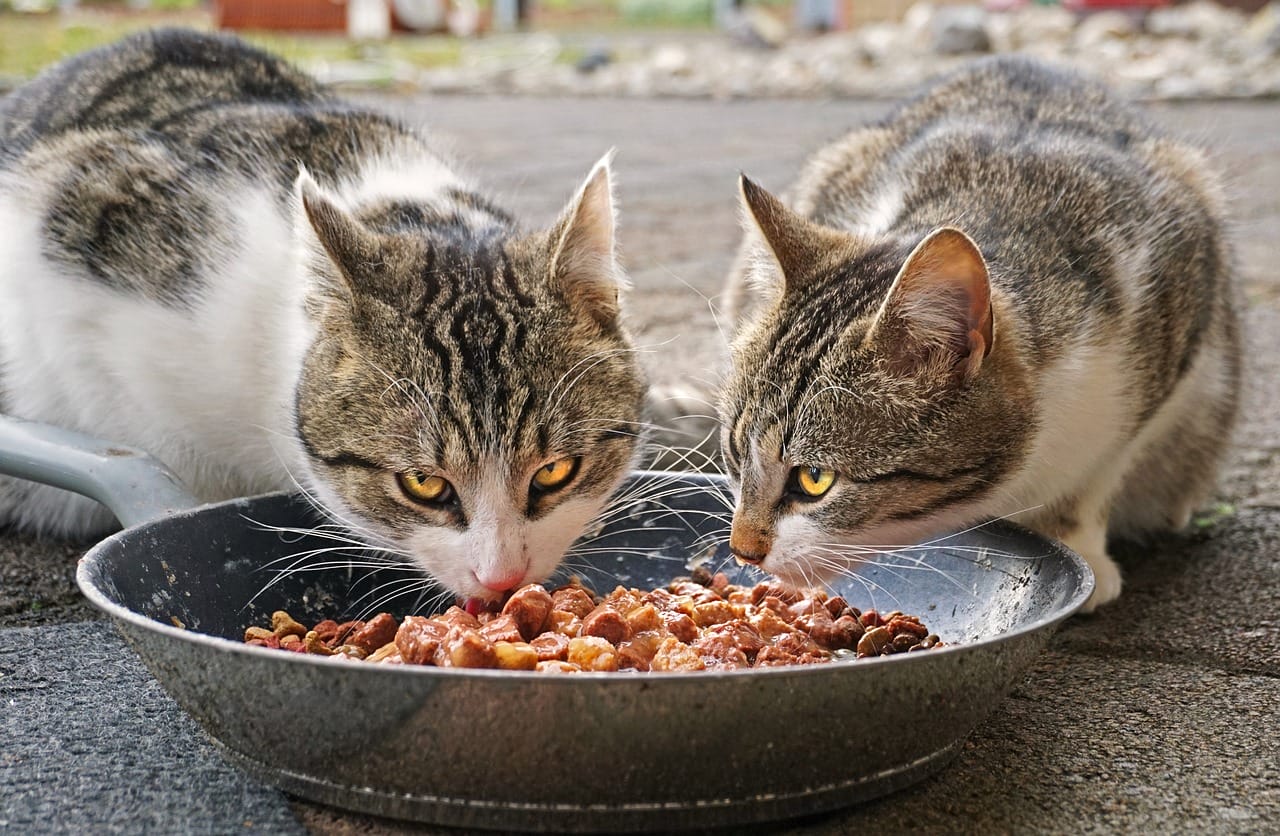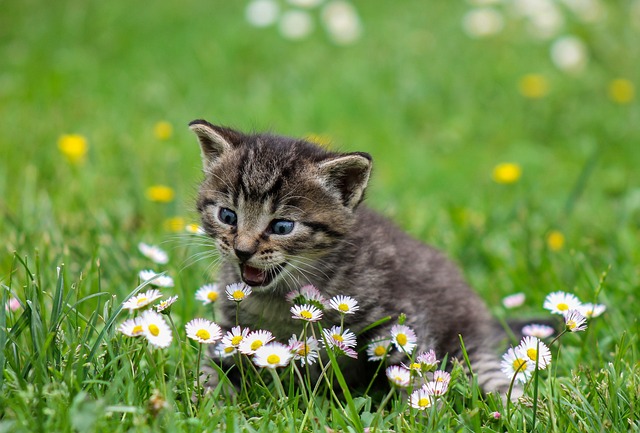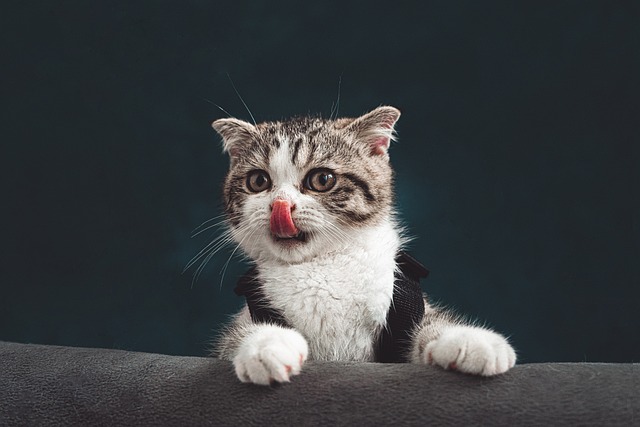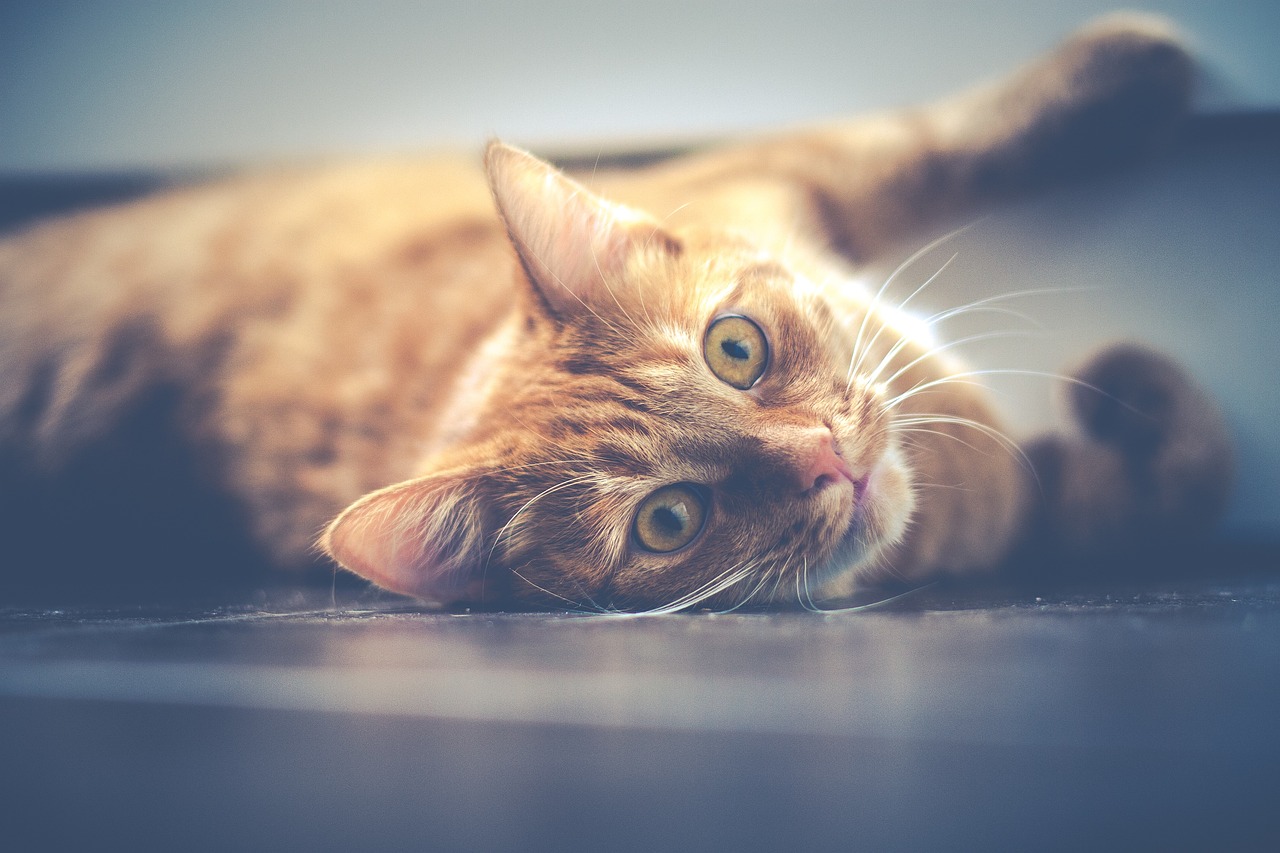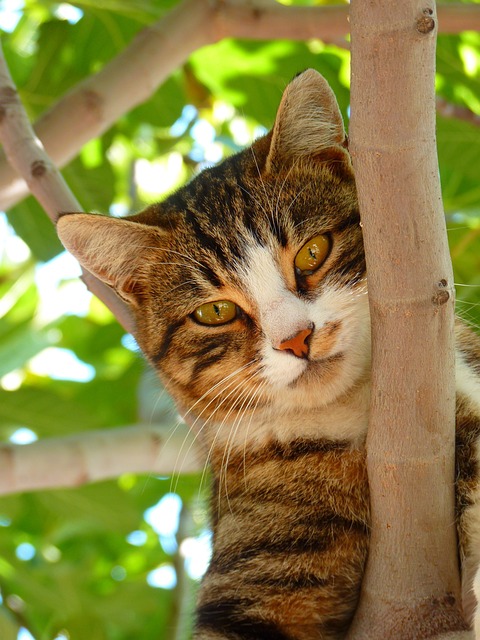Cats are susceptible to various food allergies that can impact their health and well-being. In this comprehensive guide, we explore the top 10 cat food allergies, their symptoms, and how to manage them effectively for your feline friend’s optimal health.
1.Chicken: A Common Culprit in Cat Food Allergies
Chicken, a staple in many cat food formulations, surprisingly tops the list as a prevalent allergen for felines. Allergic reactions to chicken can manifest in various ways, from skin itching to digestive disturbances and even respiratory issues. If you notice any adverse reactions in your cat after consuming chicken-based products, consider switching to chicken-free cat food options. By eliminating this allergen from their diet, you can alleviate symptoms and promote better overall health for your furry companion.
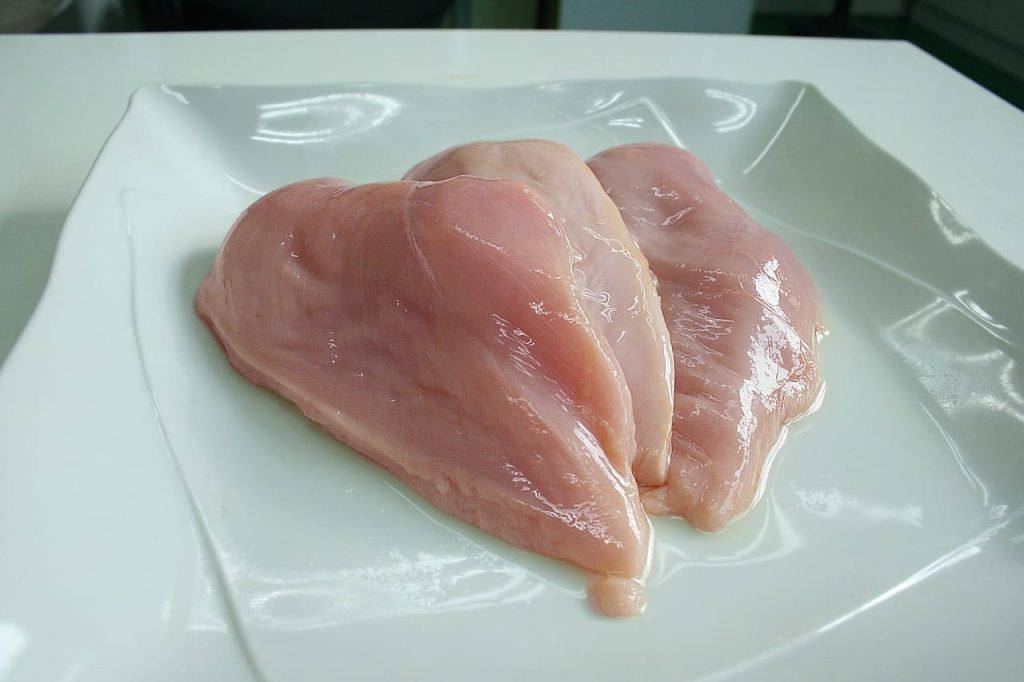
2.Beef: Recognizing Beef Allergies in Cats
Despite being a protein source found in numerous cat food varieties, beef can trigger allergic reactions in some cats. Symptoms of beef allergies may include skin rashes, gastrointestinal upset, and ear infections. Opting for beef-free cat food formulations can help prevent allergic reactions and ensure your cat’s comfort and well-being. Be vigilant for any signs of distress or discomfort in your cat and consult with your veterinarian for appropriate dietary recommendations.
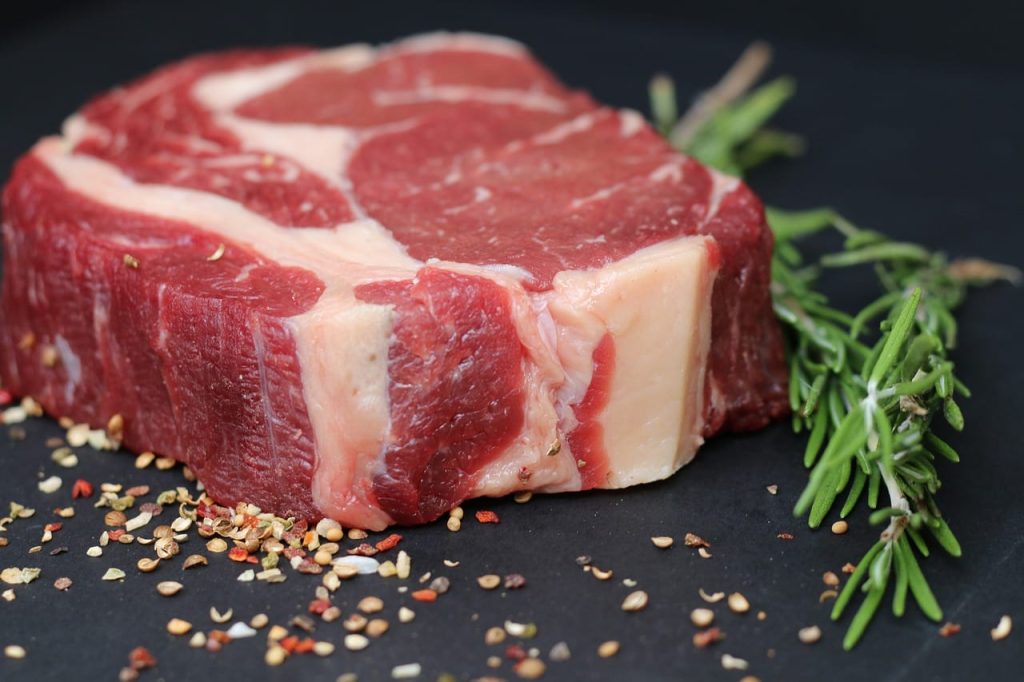
3.Dairy Products: Understanding Lactose Intolerance in Cats
Contrary to popular belief, not all cats can enjoy a saucer of milk without consequences. Many cats are lactose intolerant, meaning they lack the enzyme necessary to digest dairy products effectively. That makes lactose intolerance one of the most common cat food allergies. Symptoms of lactose intolerance in cats may include diarrhea, vomiting, and gastrointestinal discomfort. To accommodate your cat’s dietary needs, explore lactose-free cat food alternatives. By eliminating dairy products from their diet, you can prevent digestive issues and ensure your cat’s nutritional requirements are met without compromising their well-being.

4.Fish: Exploring Fish Allergies in Cats
Fish, often touted as a nutritious source of protein for cats, can ironically be the culprit behind allergic reactions in some felines. Symptoms of fish allergies may present as skin inflammation, itching, and digestive disturbances. If you suspect your cat is allergic to fish proteins, consider switching to fish-free cat food options. By removing this allergen from their diet, you can alleviate symptoms and promote a healthier, happier life for your beloved pet.

5.Grains: Identifying Grain Allergies in Cats
While grains are a common ingredient in many commercial cat foods, they can also trigger allergic reactions in sensitive felines. Symptoms of grain allergies may include skin itching, digestive upset, and respiratory issues. If your cat exhibits signs of grain intolerance, consider transitioning to grain-free cat food formulations. By eliminating grains from their diet, you can address allergic symptoms and support your cat’s overall health and well-being.

6.Soy: Uncovering Soy Allergies in Cats
Soy, often used as a protein source in cat food, can elicit allergic reactions in susceptible cats. Symptoms of soy allergies may include skin itching, digestive disturbances, and allergic reactions. Opting for soy-free cat food alternatives can help prevent allergic symptoms and promote your cat’s comfort and health. Be sure to carefully read ingredient labels and choose products that align with your cat’s dietary needs to minimize the risk of adverse reactions.
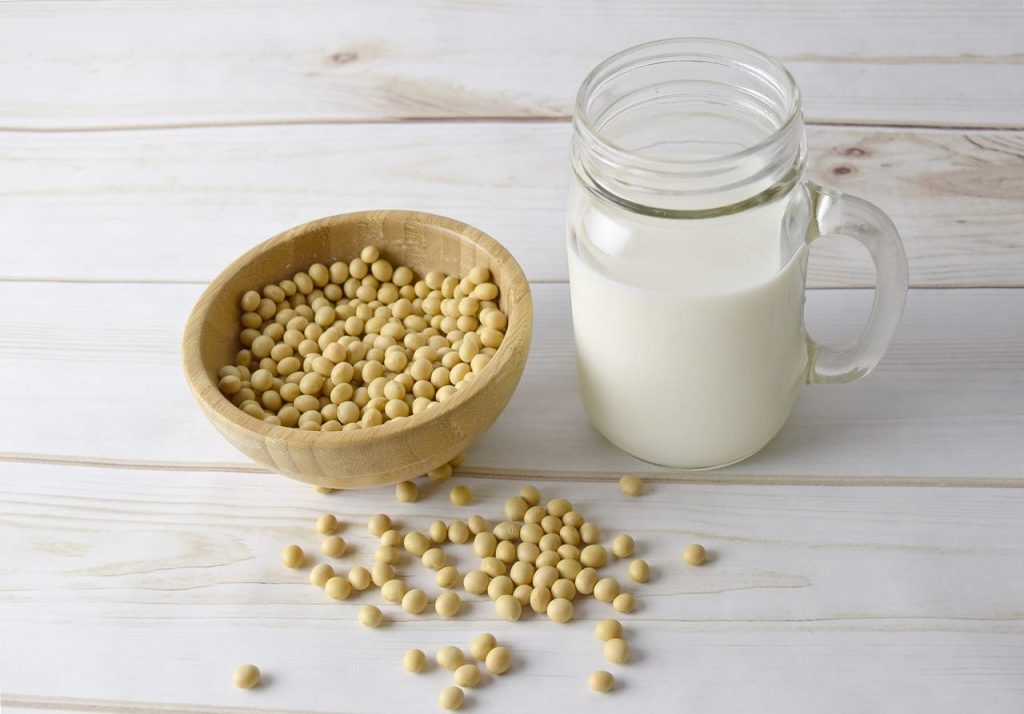
7.Corn: Understanding Corn Allergies in Cats
Corn, a common filler ingredient in many cat food formulations, is another potential allergen for felines. Allergic reactions to corn may present as skin rashes, itching, and digestive problems. If your cat is sensitive to corn, explore corn-free cat food options to minimize allergic reactions and support their optimal health. Providing a diet free from this allergen can help alleviate discomfort and improve your cat’s quality of life.
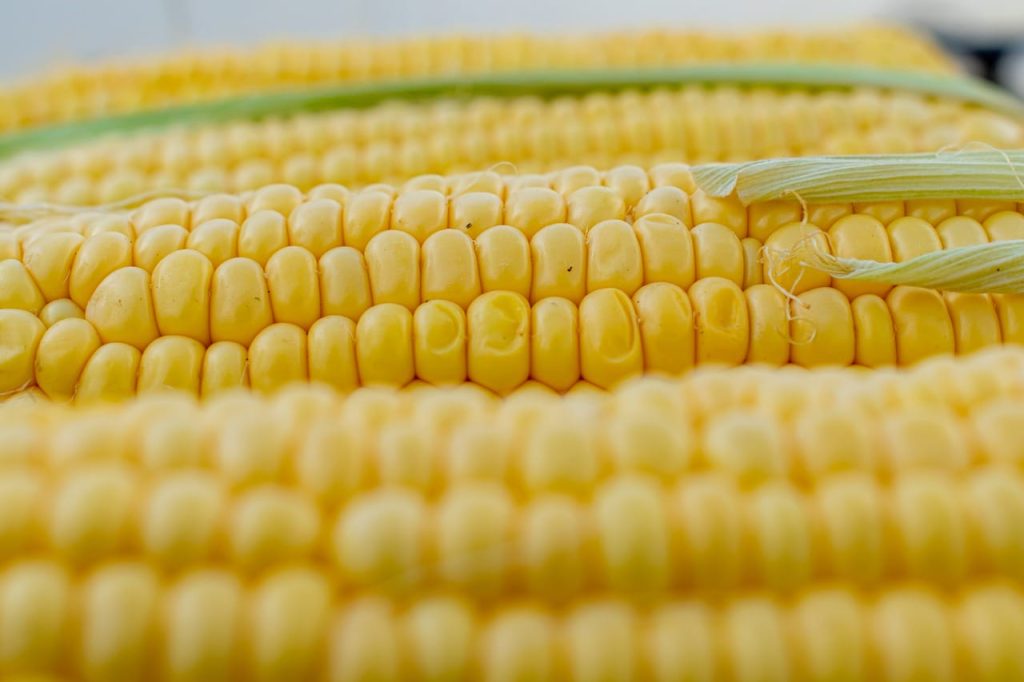
8.Wheat: Exploring Wheat Allergies in Cats
Wheat, often used as a binding agent in cat food, can trigger allergic reactions in some cats. Symptoms of wheat allergies may include skin itching, gastrointestinal disturbances, and respiratory issues. Switching to wheat-free cat food formulations can help alleviate allergic symptoms and enhance your cat’s quality of life. By eliminating wheat from their diet, you can ensure your cat receives the nutrition they need without the risk of adverse reactions.

9.Eggs: Recognizing Egg Allergies in Cats
Eggs, while a nutritious source of protein, can provoke allergic reactions in certain cats. Symptoms of egg allergies may include skin itching, digestive upset, and allergic reactions. If your cat exhibits signs of egg intolerance, consider incorporating egg-free cat food options into their diet. By avoiding this allergen, you can mitigate allergic symptoms and support your cat’s overall well-being.

10.Peas: Recognizing Pea Allergies in Cats
Peas, often included in cat food formulations as a source of protein and fiber, can trigger allergic reactions in some felines. Symptoms of pea allergies may include skin itching, gastrointestinal disturbances, and respiratory issues. Despite being considered a relatively hypoallergenic ingredient, peas can still cause adverse reactions in sensitive cats. If your cat exhibits signs of pea intolerance, such as excessive scratching or digestive upset, consider transitioning to pea-free cat food options. By eliminating peas from their diet, you can help alleviate allergic symptoms and promote your cat’s overall health and well-being.

Conclusion
Understanding the top 10 cat food allergies is crucial for recognizing and managing feline sensitivities effectively. By identifying allergens and choosing appropriate cat food formulations, you can help alleviate allergic reactions and ensure your cat’s long-term health and happiness.

